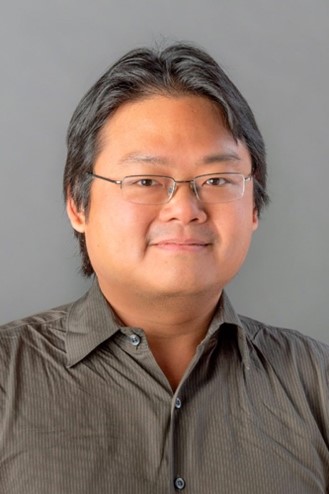PUFIN Research Seminar - Fear and Favouritism in the Time of COVID-19

In this PUFIN research seminar, join Professor Ben Ho as we look at fear and favouritism in the time of COVID-19.
Does fear cause us to “circle the wagons” and favour those in our in-group? Or does fear of the “other” cause us to recognise our common humanity and become more charitable to those we might otherwise consider outsiders?
The measurement of this effect is confounded by the fact that some groups respond more strongly to fear than others. We run an online experiment on a nationally representative sample in South Korea in which we induce fear via the autobiographical emotional memory task method and examine the impact on donations to either an in-group charity (the Korean Red Cross) or one that caters to an out-group (the Korea Support Center for Foreign Workers). We find that, while the reported level of fear is negatively correlated with donations to the out-group, the induced fear caused by the experimental intervention is positively correlated with donations to the out-group. We also find that the fear effect depends on political views, media exposure, and social preferences.
We confirm our experimental results by looking at how regional attitudes toward out-groups have shifted over time and compare those changes to the average level of reported fear during the COVID-19 pandemic. Places that report the most fear of COVID-19 also have had the greatest increases in prosocial attitudes toward out-groups.
Presenter: Ben Ho

Ben Ho is an associate professor of behavioural economics at Vassar College and author of the book Why Trust Matters: An Economist's Guide to the Ties that Bind Us. Ho applies economic tools like game theory and experimental design to topics like apologies, trust, identity, inequality and climate change. Before Vassar, he taught MBA students at Cornell, served as lead energy economist at the White House Council of Economic Advisers, and worked/consulted for Morgan Stanley and several tech startups.
Professor Ho also teaches at Columbia University where he is a faculty affiliate for the Centre for Global Energy Policy. His work has been featured in the New York Times and the Wall Street Journal. Ho holds seven degrees from Stanford and MIT in economics, education, political science, math, computer science and electrical engineering.
